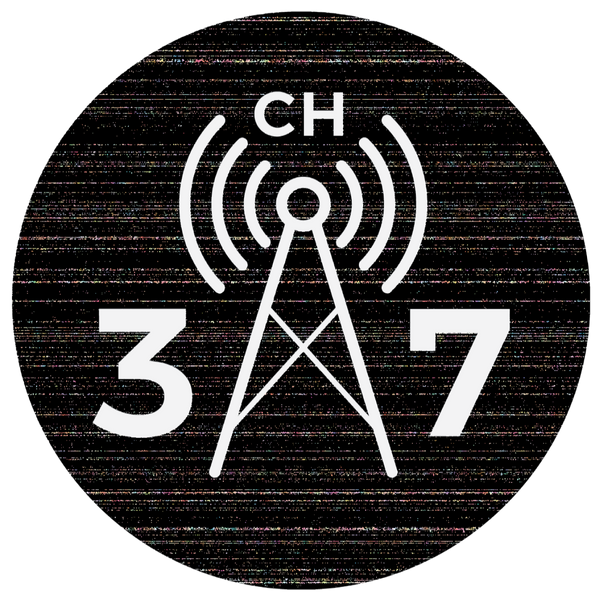Being an elder millennial, I grew up watching X-files with my dad and being fascinated with the thought of aliens existing and wondering if I had the courage or skill to be an investigator or detective studying, researching, and solving such bazaar cases. As I got older, I lost interest in the show and saw episodes here and there but didn’t think about the impact the characters had on other women who were also watching at the time.

Once M & I met, his love and fascination with space and extraterrestrial (and the advancement of streaming services) allowed us to binge-watch the entire series together. By that point, the 1 season reboot was around and I had a whole new appreciation for the show, even if the special effects, fashion sense and hairstyles were a little outdated. **that horrible bob in the first couple of seasons aged her 20 years**
 .
. 
Scully was one of the first multidimensional female characters in a science, technology, engineering, and mathematics (STEM) field to be featured on a popular television show, and the first to play a leading role. She was objective, a skeptic of Mulder’s extremes, confident in a nearly all-male industry with the FBI, and of course, an agent AND a medical doctor. In a world of entertainment media where scientists are often portrayed as white men wearing lab coats alone in the lab, Scully stood out in the ’90s as the only female STEM character in a prominent, prime TV role. (It helped that Gillian Anderson was cast with her fiery red hair, pouty lips, fierce eyes, and cute petite figure amongst her towering counterpart).
For years, “The Scully Effect” was attributed to the increase of women in STEM fields but there wasn’t hard evidence so it was discounted by many as just some fun myth. In 2018, The Geena Davis Institute decided to finally find out if it was a myth or was there actually something to this.
At the time of the study, there were some questionable stats within the field:
- Women have advanced rapidly in many professional roles since the 1970s, but remain underrepresented in STEM professions.
- Women constitute about half (48%) of the college-educated workforce in the U.S. but hold less than a quarter (24%) of jobs in STEM.
- Only 10% of graduate degrees earned by women are in STEM fields, compared to 24% of graduate degrees earned by men.
Study Breakdown:
- Consisted of 2,021 participants through on online survey
- 29% were aged 25-39
- 71% were aged 40+
- 49% of participants studied a STEM field in college or currently work in the field
- 68% had seen at least one episode of the X-Files
The report is broken into two primary groups:
- non/light viewers (61% of participants) who have watched fewer than 8 episodes
- med/heavy viewers (39%) who have seen 9+ episodes
The report was measured in 3 different ways:
- Influence on attitude toward STEM
- Influence on studying/working in STEM
- Views on Dana Scully as a role model

Through all of the data in this study, which is very in-depth, there were significant outcomes for each section that confirmed “the Scully Effect”. In all measurement sections, avid watchers of the show had significantly higher numbers for their attitude and influence not only for them to pick a STEM field but the importance of promoting and encouraging young girls to do the same. More than two-thirds of the participants agreed Scully was a role model at the time that gave them the courage to at least explore the STEM fields if not jump right in and join the boys club.
If you’re interested in reading more on the study and details on the questions themselves, check it out here.
https://seejane.org/research-informs-empowers/the-scully-effect-i-want-to-believe-in-stem/


Kudos to Chris Carter, the writer of X-Files, who had the ability and talent to cast a strong, intelligent female character to test social norms in the world of TV series. Carter does a fantastic job of not just pretending Scully is completely accepted and meshed with her peers; he shows the arrogance of male counterparts looking down on her. He shows the awkward situations where Scully has to prove her abilities are just as good, if not better than the men she works with. Throughout the entire series, there are bits and pieces here and there, making it a more believable show where a real woman would have the same struggles and frustrations; the eye rolls or scoffs from older men that just “knew better” than her. It really brought to light the discrimination women have felt for decades and even still some today.

But none of this would have been possible, even with Carter’s fantastic writing, had it not been for the brilliant acting of Gillian Anderson. Her belief and commitment to the character, and the role, helped young women see the struggles they would have to endure in the real world while also providing hope and courage to still take those steps into STEM fields in a time when it would be frowned upon or at least side-eyed.
In Gillian Anderson's own words, Scully's character “manifested a woman not yet depicted on TV, and as the fan response soon proved, a desperately needed role model for women of all ages, everywhere.

